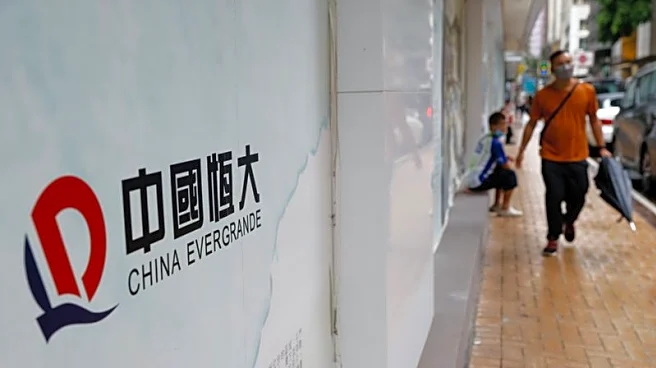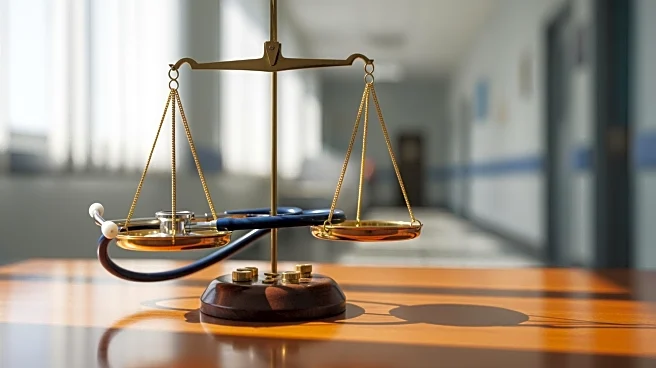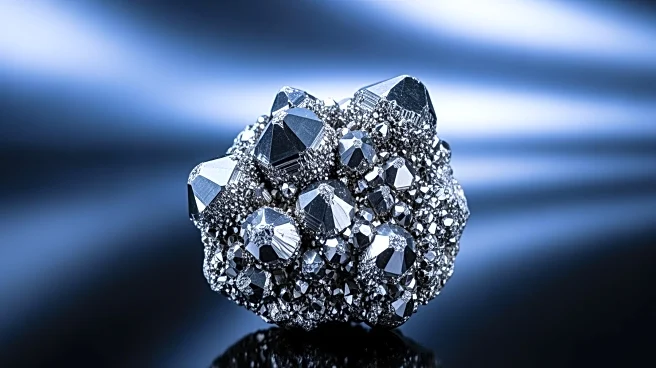HONG KONG (Reuters) -Liquidators of China Evergrande, once the country's largest property developer, have asked a Hong Kong court to appoint receivers to identify and preserve the assets of founder Hui
Ka Yan, who has not disclosed his worldwide properties.
The move is the liquidators' latest effort to recover $6 billion in dividends and remuneration paid to Hui and other former executives, as they fight court battles to freeze offshore assets of the founder and his former spouse, among others.
Evergrande, the most high-profile casualty of China's prolonged property crisis, began defaulting on some of its bonds in 2021 and collapsed with more than $300 billion in liabilities.
It received a liquidation order from a Hong Kong court in 2024, and was kicked off the Hong Kong stock exchange last week in one of the largest delistings by market value and volume in recent years, marking an end to what's been a tumultuous boom-and-bust saga for its investors.
Hong Kong High Court Judge Herbert Au-Yeung told a hearing on Tuesday that a judgement would be made on December 2, as Hui's lawyer opposed the application for receivers, saying the risk of asset dissipation is low given the founder's "circumstance", which the judge later described as "imprisonment".
Hui, once one of China's richest people, has not been seen in public since he was detained by Chinese authorities in 2023. He had been ordered by a Hong Kong court to disclose his assets in Hong Kong and overseas but refused.
The lawyer for the liquidators said Hui had received $4.2 billion in dividends alone during 2017-2020, and his ex-wife, Ding Yumei, could potentially dispose of $1 billion of assets in her own name. Ding is among the seven defendants being sued by Evergrande's liquidators.
Evergrande's liquidators said in August that they have recovered about $255 million from sales of the firm's offshore assets, which included school bonds, club memberships, artwork and motor vehicles.
This compared to creditors' claims made to liquidators of $45 billion.
Lawyers expect the liquidation process to take a decade and the recovery rate for creditors is likely to be very low.
(Reporting by Clare Jim; Editing by Kim Coghill)










